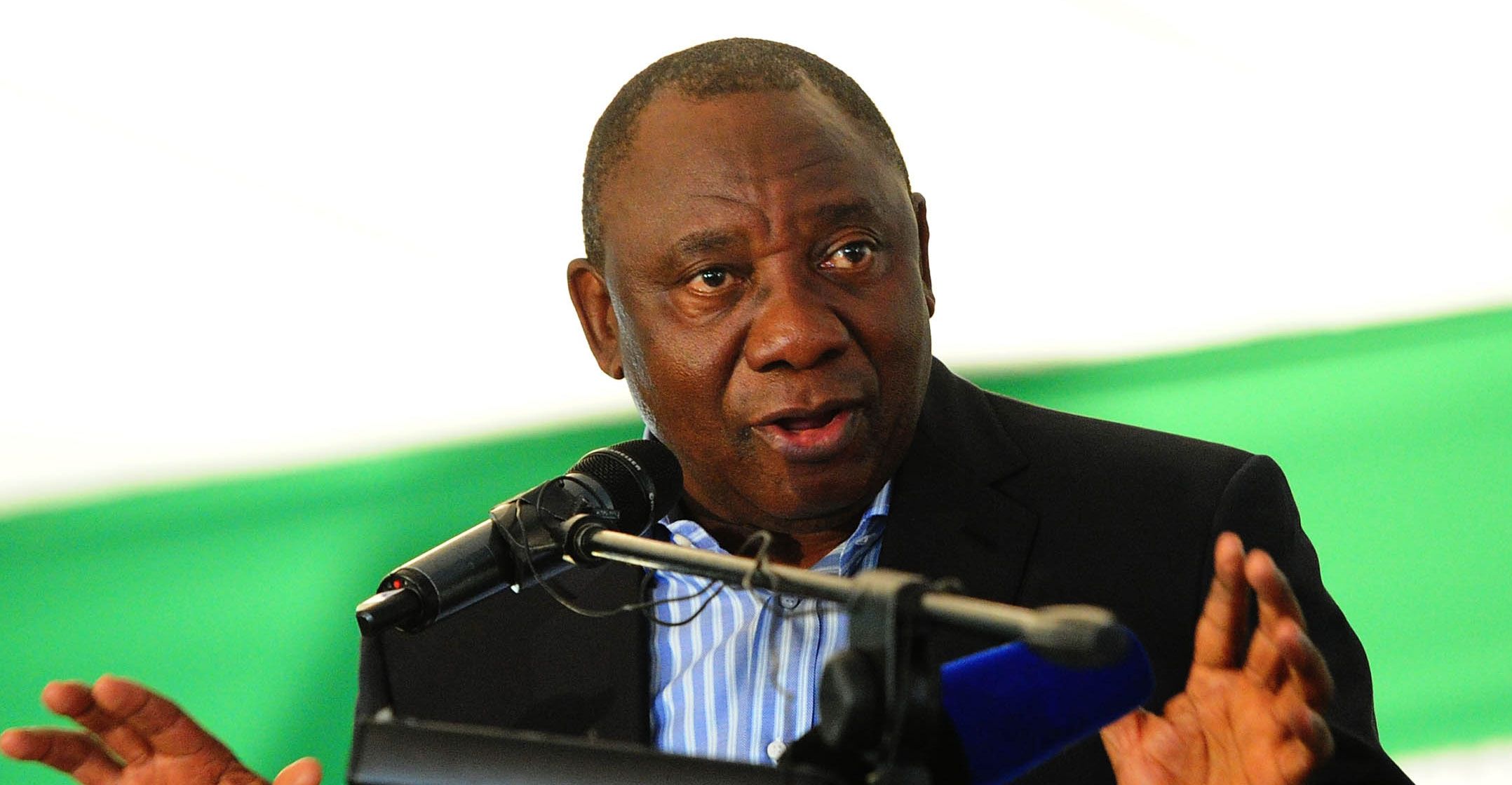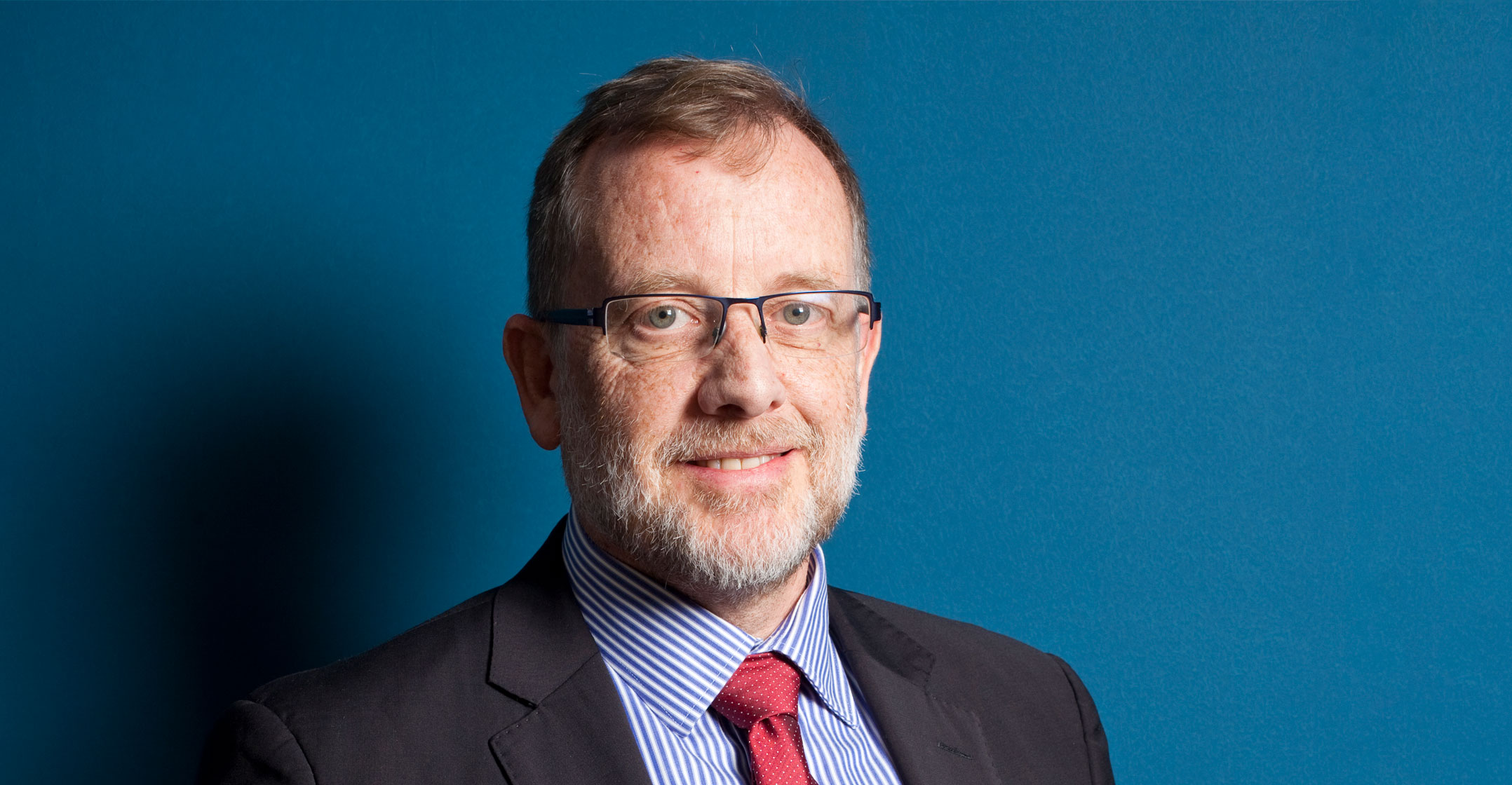
If President Cyril Ramaphosa is serious about preparing South Africa for the so-called “fourth industrial revolution”, he would be well advised to scrap the plan to create a “monopoly” wholesale open-access network (Woan) and rather allocate broadband spectrum without further delay to the commercial operators.
That’s the view of Marian Shinn, a Democratic Alliance MP and the party’s spokeswoman on telecommunications & postal services. Shinn was reacting to Ramaphosa’s state-of-the-nation address, delivered in parliament on Friday, in which the president said government will finalise its engagements with the industry “to ensure that the allocation of spectrum reduces barriers to entry, promotes competition and reduces the cost to consumers”.
Ramaphosa promised to establish what he called a “digital industrial revolution commission” to ensure South Africa “is in a position to seize the opportunities and manage the challenges of rapid advances in information and communications technology”.
He said the country’s prosperity depends on its ability to take “full advantage of rapid technological change”, adding that this means that “we urgently need to develop our capabilities in the areas of science, technology and innovation”.
Government has been heavily criticised in some quarters over the controversial Electronic Communications Amendment Bill, published late last year, which has raised the idea of taking away spectrum from the mobile operators and creating a wholesale network for which most if not all new broadband spectrum will be reserved.
Shinn told TechCentral that the telecoms sector has spoken “ad nauseum” to telecoms & postal services minister Siyabonga Cwele and his department about what needs to be done. “Their entreaties have largely been ignored,” she said.
“What Ramaphosa needed to say was that the Electronic Communications Amendment Bill and the ICT policy white paper that informed this must be scrapped; that legal action against (communications regulator) Icasa’s invitation to apply for high-demand spectrum must be withdrawn; and the (spectrum) auction, amended to include responses from the mobile network operators and mobile industry stakeholders, must proceed apace. This could bring in between R25bn and R40bn for the fiscus within the next year.”
‘Woan monopoly’
Shinn said these moves “will hopefully” result in the “national Woan monopoly idea, which was headed to the constitutional court should it have been promulgated”, being shelved.
“The much-touted fourth industrial revolution cannot happen in South Africa if there is any impediment, such as the Woan, to investment in communications infrastructure roll-out. We don’t need a new commission, summit, workshop, roadshow or ICT forum to tell us that.”
Instead, the “structural imbalances and resource inadequacies” that have plagued Icasa must be fixed and the constitutional independence of the regulator assured. “It must be given the human and financial resources to do the job the Icasa Act asks of it, particularly regarding competition and compliance issues that would facilitate new entrants into the market and ensure that any uncompetitive practices of the larger players are curtailed.”

But Dominic Cull, owner of Ellipsis Regulatory Solutions and an expert on ICT policy and regulation, said Ramaphosa’s speech did not provide “any hint” of a divergence from government’s current thinking of telecoms policy. “Nor do I think that the announcement or the formation of the commission requires or hints at the suspension of the current process,” he said.
“I do think there will be changes to the white paper (implying changes to the Electronic Communications Amendment Bill) arising out of the CSIR process (to determine how much spectrum should be allocated to the Woan) as well as pressure from national treasury to relieve, partially, short-term cash flow issues through a spectrum auction.”
However, Cull said the planned commission is likely to have a far broader mandate than ICT and a far wider scope than the Electronic Communications Act, which deals mainly with supply-side telecoms and broadcasting issues.
The commission is likely to play an advisory role only and make recommendations to the president directly or to the presidential economic advisory council, the formation of which was also announced in Ramaphosa’s speech on Friday and which “seems to have an overlapping mandate”.
“I imagine it will play a central role in the formulation of a policy around embracing the fourth industrial revolution,” he said.
“Obviously, there is little detail, but I would support an initiative to focus on the socioeconomic impact of changes in technology and technology usage, particularly around employment patterns, economic competitiveness and poverty.
“I see this as a far broader focus than ICT in the sense of telecoms and broadcasting, although universal broadband, electronic communications and the Internet of things are elements. Robotics, fabrication, artificial intelligence, software and other non-communications industries are also involved, which would fall under the department of science & technology.
“Moreover, the real focus is on how to prepare people for these changes: some of this, like digital literacy, falls within the national broadband plan, but more properly this is the province of the departments of education, social development and others. The mandate of the commission should not be construed too narrowly.”
Impact
Mark Walker, associate vice-president for sub-Saharan Africa at International Data Corporation, said the commission makes sense given the impact and wide scope of the fourth industrial revolution.
“Key to success will be to establish the impacts, assess where South Africa stands, and prioritise those areas where benefits can be had in the short term and longer term while offsetting challenges that will be felt especially in respect of the future world of work, education and policy development.”
Advantages will be felt in productivity, transparency, access and efficiency, both in the public and private sectors, Walker said.

The commission’s mandate should be to identify those areas of the fourth industrial revolution that will benefit South Africa and to proiritise these via policy intervention while at the same time fostering powerful public-private partnerships. “However, a realistic and pragmatic approach should be the foundation of the commission. The chairmanship and secretariat should be independent and technologically astute rather than political in nature.”
The focus should be on pragmatic, measurable outcomes rather than “an extended talk shop”, he added.
Work already done with the ICT policy white paper and the Electronic Communications Amendment Bill should not be discarded but rather re-evaluated and, where needed, be included in the considerations of the commission, Walker said. The commission could be used as an opportunity to “wash out that which is poorly considered”. — © 2018 NewsCentral Media




